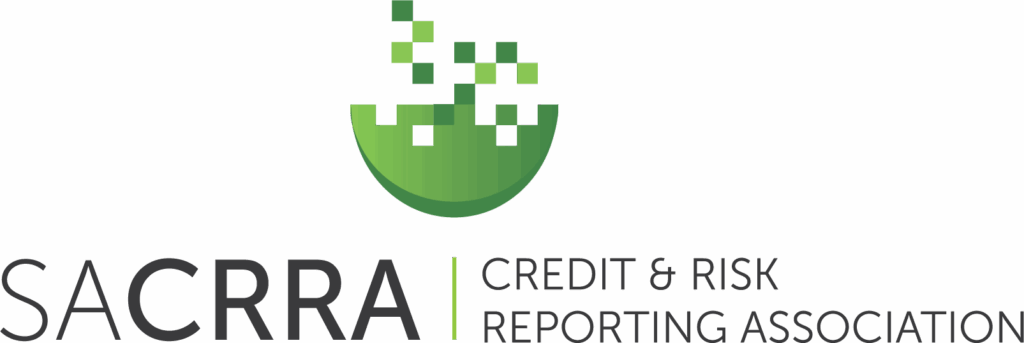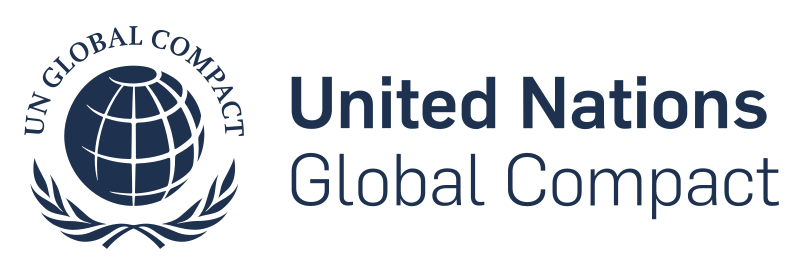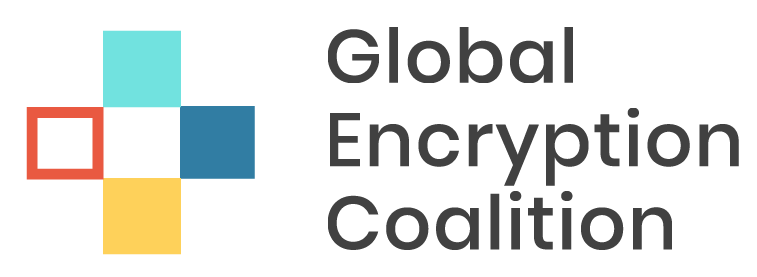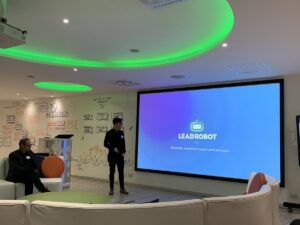Ethical & Responsible Business Framework
(Modern Slavery · Sustainability · Human Rights)
Datara builds data platforms intended to expand human opportunity. Achieving that purpose requires operations grounded in respect for people and planet. The policies below express the standards we uphold today and the direction in which we are progressing. They are intended as guiding principles rather than contractual undertakings; Datara may enhance or refine them as our capabilities evolve and as laws and best‑practice frameworks advance.
1. Modern Slavery Statement
Commitment
Datara opposes all forms of modern slavery—forced labour, human trafficking, debt bondage, servitude, and child labour—and supports the objectives of legislation such as the UK Modern Slavery Act 2015, the Australian Modern Slavery Act 2018, and related statutes worldwide, along with the ILO Fundamental Conventions.
Core practices
Ethical sourcing criteria – Our Supplier Code of Conduct sets clear expectations on labour standards and grants Datara a right to disengage where credible breaches arise.
Proportional due‑diligence – Vendors are screened through questionnaires and open‑source checks; higher‑risk relationships may be escalated for enhanced review.
Awareness & culture – All new personnel receive an orientation module on recognising and reporting modern‑slavery indicators; additional training is introduced as roles demand.
Speak‑up channels – Concerns may be raised confidentially through ethics@datara.ai. Credible allegations trigger prompt investigation and, where appropriate, corrective action in collaboration with affected parties.
Continuous strengthening
Datara will periodically reassess its approach, refine risk‑assessment tools, and deepen supplier engagement to ensure alignment with emerging expectations and regulatory changes.
2. Sustainability Principles
Vision
Datara aspires to create technology that is climate‑aware, resource‑efficient, and socially inclusive. We recognise that environmental stewardship underpins long‑term value for customers, employees, investors, and the communities in which we operate.
Operating approach
Low‑carbon infrastructure – Preference for cloud regions backed by renewable energy and for hyperscalers with transparent decarbonisation roadmaps.
Remote‑enabled workforce – Digital collaboration is default, reducing commuting and travel intensity; essential travel follows low‑impact guidelines.
Circular hardware management – Devices are maintained for maximum useful life, redeployed internally where feasible, and sent to certified recyclers at end‑of‑life.
Supplier engagement – ESG considerations form part of vendor selection; partners are encouraged to disclose climate targets and progress.
Responsible product design – Engineering teams apply “GreenOps” principles to optimise code efficiency, storage, and compute workloads.
Future focus
Datara intends to baseline its greenhouse‑gas footprint, set science‑aligned reduction goals, and publish progress in an annual sustainability update when measurement systems are sufficiently mature.
3. Human Rights Policy
Guiding framework
Datara endorses the UN Guiding Principles on Business and Human Rights, the International Bill of Human Rights, and the ILO core conventions. These references inform how we treat our workforce, design our products, and interact with stakeholders.
Principles in practice
Equal opportunity – Employment decisions are made without discrimination on any legally protected basis and with a commitment to pay equity and merit‑based advancement.
Freedom of association – Employees may organise, bargain collectively, or refrain from such activities without fear of retaliation.
Safe working conditions – Health and safety standards meet or exceed applicable law; employees are empowered to stop work they regard as unsafe.
Privacy & data rights – Products follow a “privacy by design” philosophy, incorporating requirements of POPIA, GDPR, CCPA, and other data‑protection laws where they apply.
Stakeholder voice & remedy – Datara provides accessible grievance channels for employees, contractors, users, and affected communities, and commits to fair, timely investigations.
Responsible innovation – Engineering teams receive guidance on algorithmic fairness, security‑by‑design, and minimising unintended harms.
Ongoing evolution
As Datara enters new markets and launches new offerings, we will conduct proportionate human‑rights due‑diligence and update this policy to reflect lessons learned and emerging norms in the digital economy.
Governance, Review & Feedback
Oversight of these standards rests with Datara’s executive leadership, supported by risk, compliance, and sustainability advisers. Policies are reviewed at least annually—or sooner if material changes in law, operations, or stakeholder expectations warrant an update.
Questions or suggestions are welcomed at ethics@datara.ai.
Effective 15 June 2025 — supersedes all previous versions. This framework is aspirational and may be amended at Datara’s discretion.






